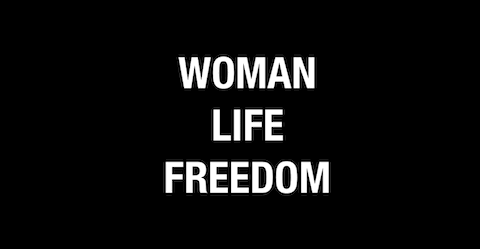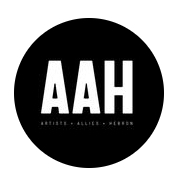Search
To search for an exact match, type the word or phrase you want in quotation marks.
A*DESK has been offering since 2002 contents about criticism and contemporary art. A*DESK has become consolidated thanks to all those who have believed in the project, all those who have followed us, debating, participating and collaborating. Many people have collaborated with A*DESK, and continue to do so. Their efforts, knowledge and belief in the project are what make it grow internationally. At A*DESK we have also generated work for over one hundred professionals in culture, from small collaborations with reviews and classes, to more prolonged and intense collaborations.
At A*DESK we believe in the need for free and universal access to culture and knowledge. We want to carry on being independent, remaining open to more ideas and opinions. If you believe in A*DESK, we need your backing to be able to continue. You can now participate in the project by supporting it. You can choose how much you want to contribute to the project.
You can decide how much you want to bring to the project.

In today’s highly interconnected world, intersectional solidarity serves as a light of hope and a powerful call to action. It forces us to recognize the common link between various struggles, such as Palestinian freedom, women’s rights in Iran, LGBTQ+ equality, and indigenous land and rights. All these movements share a core element: the resolute resistance against oppressive systems.
Coined by Kimberlé Crenshaw in 1989, “intersectionality” acknowledges that individuals often endure multiple layers of discrimination due to their intricate web of social identities: race, gender, sexuality, disability, and socioeconomic status.This framework shows the significant interconnectedness of social issues, making it challenging to address one aspect of inequality without addressing its broader implications.
Despite the unique characteristics of each social/political/environmental struggle, they all aim to dismantle structures perpetuating injustice. The Palestinian fight for freedom mirrors the global fight against colonialism and racism. Palestinians experience both physical and structural violence within their homeland.
Solidarity is essential in this collective struggle. Allies, regardless of their experiences and background, can empathize with those sharing their stories of hardship. Angela Davis recognized the Palestinian and Black American movements as natural allies in their shared struggles for freedom (Atshan & Moore, 2014).
Intersectional solidarity shifts from “othering” to connecting, by acknowledging that oppression and violence exist across various contexts. Rooted in human connection and friendship, it’s a mutual understanding that the fight against any oppressive system benefits all. According to scholar Fred Moten, the feminist and queer critique of ownership demonstrates how such notions help to build barriers, privatization, and formation of nation-states that preserve the rights of some people at the expense of others, as in the case of the state of Israel.
Robin D.G. Kelley and Fred Moten in conversation, about intersectional solidarity
Indigenous communities have long practiced intersectional solidarity, connecting their fights for land sovereignty to larger social and environmental issues, in order to reveal the links between various oppressive systems and make clear the fundamental mechanisms of power and control.
The ژن ژيان ئازادى, Jin Jiyan Azadî, Woman Life Freedom movement stands as a powerful example of global empathy, offering unwavering support to Iranian women and girls in their determined fight for rights.
The solidarity gaze challenges us to look beyond our individual concerns and acknowledge the power of building bonds of friendship, empathy, and shared resistance. Intersectional solidarity transcends borders, empowering us to collectively address enduring global injustices. It remains a guiding light, illuminating the path toward reshaping socio-political landscapes through unity.
Article by Rebecca Routman with contributions by Adam Broomberg and Mariia Vydrenko on behalf of Artists + Allies x Hebron (AAH). AAH is Issa Amro (Hebron) & Adam Broomberg (Berlin).
Chapters of this month intersectional solidarity:
PART 1: THE PATRIARCHAL GAZE
PART 2: THE COLONIAL GAZE
PART 3: THE BENEVOLENT GAZE

Artists + Allies x Hebron is activist artistic project and an NGO run by Adam Broomberg @adambroomberg in Berlin, Germany and Issa Amro @issaamro in Hebron, Palestine. And with Hebron as its focal point and olive trees as its subject matter. We aim to support Palestinian Human Rights in an artistic, non-violent, poetic way.
"A desk is a dangerous place from which to watch the world" (John Le Carré)